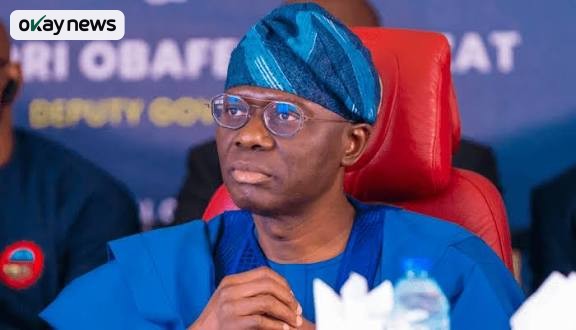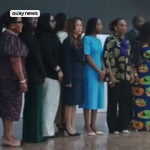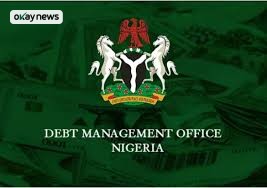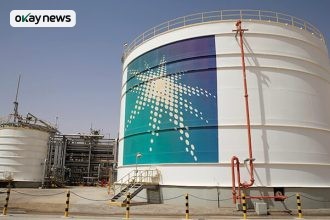Lagos State has completed the issuance of two bonds worth N244.82 billion to accelerate critical infrastructure projects across transportation, healthcare, education, housing, and food security.
The dual issuance includes the first-ever green bond by a sub-national government in Africa— the N14.815 billion 5-year 16% Series 3 Green Bond due 2030—alongside the N230 billion 10-year 16.25% Series 4 Conventional Bond due 2035. Both instruments were issued under the state’s N1 trillion Debt and Hybrid Instruments Issuance Programme.
At a signing ceremony held at the Federal Palace Hotel, Lagos, state officials and transaction advisers closed the documents for both offers, marking three milestones: Africa’s first sub-national green bond, Nigeria’s largest sub-national bond portfolio, and Lagos’ largest single bond issuance to date.
Governor Babajide Sanwo-Olu said proceeds would directly fund major expansions in infrastructure, including highways to ease mobility, new and rehabilitated roads to boost productivity, and affordable housing schemes for the state’s growing population.
He added that the funds would support a 280-bed hospital project, solar power systems across public schools, and agro-processing hubs to strengthen food security. He noted that the bond’s oversubscription demonstrated investor confidence in the state’s governance and long-term development agenda.
Sanwo-Olu recalled that Lagos set a record in 2020 with a N110 billion issuance, which has been surpassed by every subsequent bond. “The response to our Series 3 Green Bond and Series 4 Conventional Bond is a strong endorsement of Lagos’ vision for environmental responsibility and fiscal discipline,” he said.
Commissioner for Finance Abayomi Oluyomi stated that the green bond reflects Lagos’ commitment to climate-friendly investments aligned with the UN Sustainable Development Goals. He added that the state obtained a certified second-party opinion ensuring the bond met global green standards.
He noted that regulatory limits capped the Series 4 issuance at N230 billion, though market strength suggests future potential between N300 billion and N500 billion.
Chapel Hill Denham CEO Bolaji Balogun said Lagos has maintained transparency and innovation in public markets, making it a model among Nigerian states. He highlighted that the N230 billion tranche is the largest ever by any non-sovereign issuer in Nigeria.
Temilola Akinrinade of the British High Commission said the green bond resulted from a long-term UK–Lagos partnership, noting that the strong investor turnout shows Lagos’ capacity to attract climate-competitive financing and sets a benchmark for other regions.
She added that the issuance aligns with wider UK–Nigeria strategic priorities focused on sustainable investment and shared economic growth.







